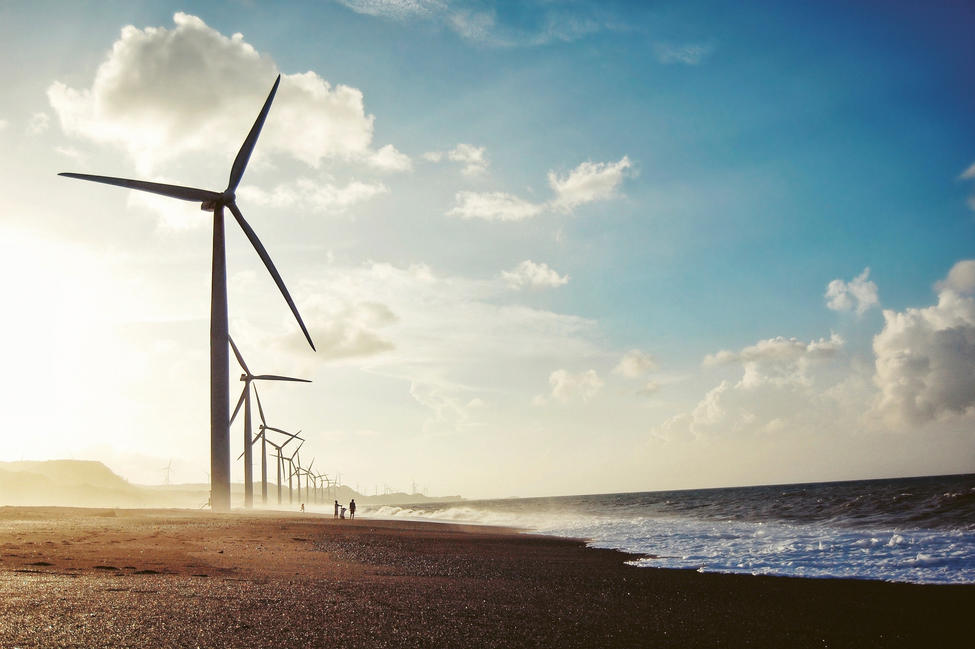If we're all by now familiar with the term 'carbon footprint', what about our water footprint? While most people are conscious about their water consumption when taking a long shower or watering the lawn, does anyone really think about water when grocery shopping?
Our investment specialist John Plassard tell us more about water scarcity and industries in which solutions are being developped.
***
Welcome to Weekly Insights with John Plassard. October 16 marked World Food Day, which this year has the motto: Water is life, water is food.
Leave no one behind. It's time to take another look at this theme. If we're all by now familiar with the term 'carbon footprint', what about our water footprint?
While most people have their upcoming bill in mind when taking a long shower or watering the lawn, does anyone really think about water when grocery shopping?
Depending on your diet, the food we buy can have a huge water footprint. I'm sure you like chocolate.
But did you know that Chocolate tops the list with 17,196 litres of water need to produce 1kg of the product. If you buy 1kg of beef for a barbecue at the weekend, there has been an average of 15,415 liters of water used in its production!
The most thirsty food type is nuts, with 9,063 liters of water needed to produce the average kilo.
One last example? You need 109 litres of water to produce … 2 glasses of wine! More globally, agriculture accounts for 72 percent of all freshwater withdrawals globally, including a lot of overuses.
According to the FAO (food and agriculture Organization), global freshwater resources per person have declined by 20 percent in the past decades, while water availability and quality have also deteriorated.
Additional factors playing a role in this are pollution and climate change, stretching the precious resource even thinner.
The United Nations estimates that more than two billion people live in countries that are already experiencing high water stress.
Climate change, a growing world population, increased demand for agriculture and the expansion of urban areas are all factors that will exacerbate this stress in the years to come.
Desert climates like on the Arabian peninsular make countries there overextend their annual water budgets by agriculture alone.
This has led to studies concluding that the United Arab Emirates, for example, could run out of groundwater by 2030.
The aim here is obviously not to take advantage of this tragic situation, but rather to analyse the companies that will be best able to improve matters by developing solutions and methods to combat this scourge.
For example
- Software & Smartgrid
- “Chemical” water purification
- Pump, treatment and analysis equipment
- Smart farming
Don’t hesitate to ask us for more information and names on the topic.
Have a great week, stay safe and … keep on winning.


